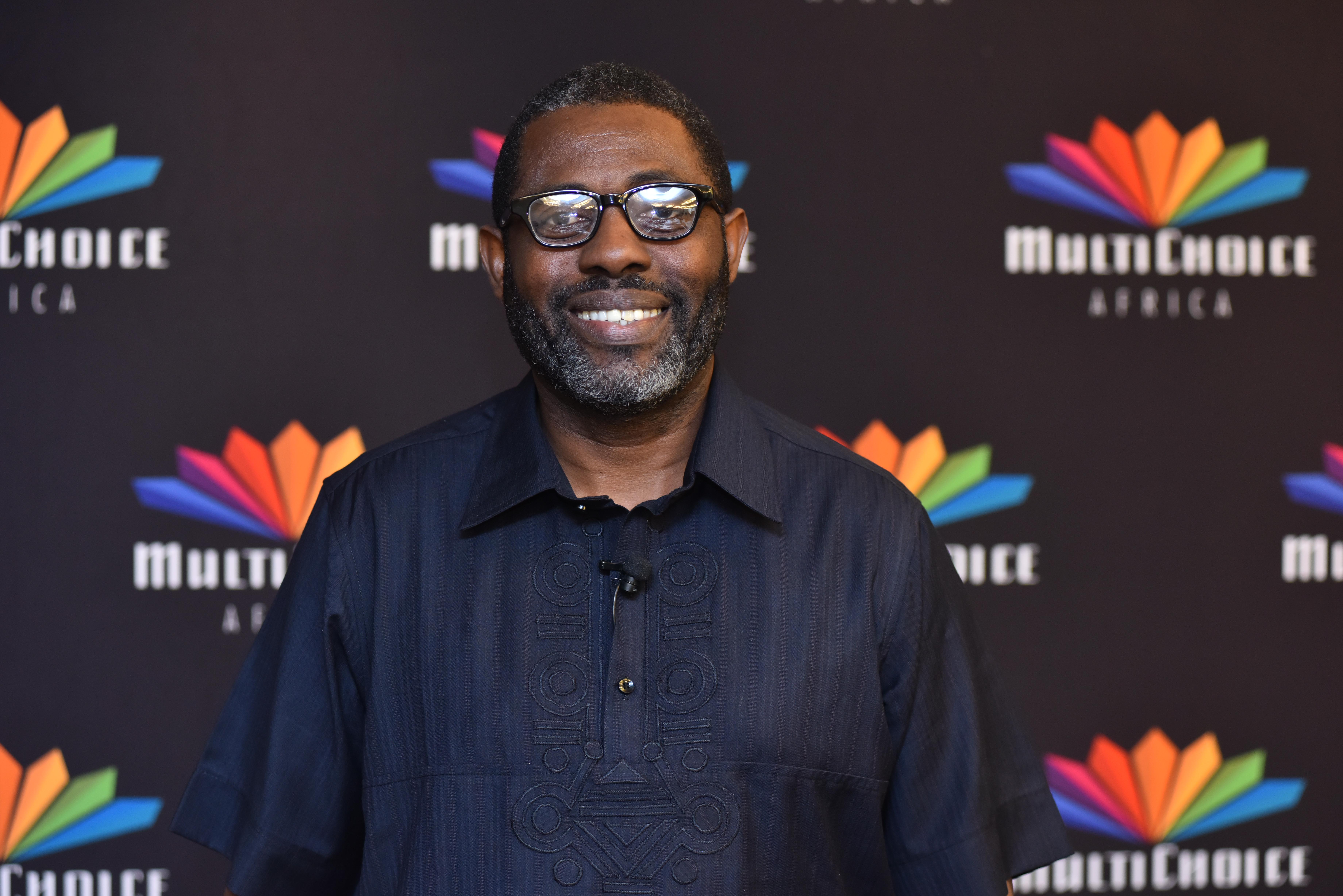![]()

Nigerian movie producer calls for Ghana-Naija film collaborations
Nigerian film maker and producer, Femi Odugbemi, says the movie industry in Africa will go far with collaborations and partnerships among industry players along the value chain.
“There should be an atmosphere of collaborations between Ghana and Nigerian movie industries and not competition. The African film industry in general needs collaborative treaties among one another,” the film maker and Tinsel founder producer said.
Silverbird Cinemas
Speaking at the Digital Dialogue 2018 Conference in Dubai, United Arab Emirates, Mr Odugbemi expressed misgivings about the inability of Silverbird Cinemas in Ghana to accept Nollywood (Nigerian Movies).
He said that lethargic posture of Silverbird was also provoking reprisal response from Nigerian Cinemas, which is not good for the industry on the continent.
Nigeria has about 130 cinemas of world class standards, with about 70 of those being built in the last two years.
Ghana has only about 30 screens, mostly in the malls, with the National Theatre and International Conference Centre coming in as complements.
Reasons
When approached for explanation why Silverbird is adamant to accept works from Nollywood, Femi assigned two reasons. First, foreign movie producers, especially from Hollywood in the United States of America, sign agreements with Silverbird months ahead in ways that Nigerian or other African film producers are unable to achieve.
Then the second issue, he says, is about Silverbird giving preference to Ghanaian movies over others. To solve the second challenge, Femi suggests that the stakeholders should collaborate to produce Ghana-Nigeria joint movies so that they could make it to screens in both countries.
Background
Ghana’s film industry held a lot of promise in the 1960s, bolstered by loathes of investments made by the country’s first president, Dr Kwame Nkrumah. The film infrastructure included the National Film and Television Institute (NAFTI), the Gama Film Corporation and its adjoining Executive movie theatre – which has now become Adesa We, operated by TV3 – and other cinemas across the country, including Orion, Rex, Roxy, Lascala and Regal cinemas, which have all now been taken over, mostly by churches.
Early movies such as ‘I Told You So’ of the 1960s and ‘Dza Gbele’ of the 1990s helped shape the hope for Ghana’s movie industry.
Digital age
With that hope now glimmering, new formats and channels of film distribution represent the new frontier for a success story for the industry in Ghana and the rest of Africa.
According to Femi, not only are there improvements in the quality of Nollywod movies with the help of new equipment, software and applications, but the movies are now distributed in various formats on different digital platforms.
“Distribution used to be hand to hand in DVDs and VHS formats. But digital solutions, including the Box Office, Cinemas and online broadcasting, have now helped to break down the barriers and challenges,” Femi stated.

Afrofuturism
Ghanaian science fiction writer, Afrofuturist and digital hypermedia artist, Jonathan Dotse, is also pushing the science fiction (Sci-Fi) space, creating works with imaginations founded on African realities and future development in mind.
He said at the Digital Dialogue Conference that his works were not only meant to entertain and inspire other young people to join the bandwagon, but engage the players in the development value chain in Ghana and Africa to push development from other perspectives hitherto considered alien to the continent.
According to him, his chosen area also had connections with science, technology, engineering and mathematics (STEM) education which would spur more interest in science education, and consequently propel development.
“There is an important connection between the STEM and futurist thinking and when this is harnessed can restore Africa’s sense of pride and self-identity,” he stated.
The Digital Dialogue Conference is an annual thought leadership event by Multichoice Africa, digital terrestrial broadcasters better known for its DSTv and GoTV brands, to stimulate conversation around emerging terrestrial broadcasting.
